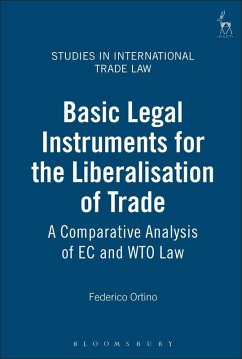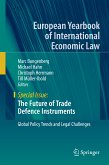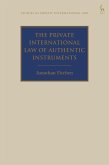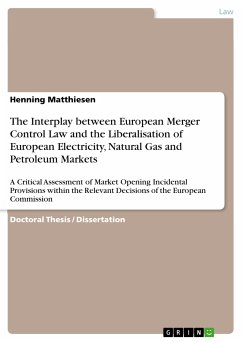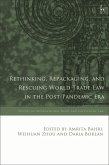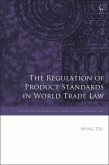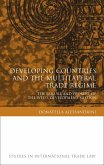The interpretation and application of the rules of international and regional trade is becoming an increasingly specialised field. This study provides an in-depth analysis of the core legal concepts characterising the two most prominent and successful efforts in the regulation of international trade to date. Adopting a comparative method,it analyses the basic legal instruments employed by the EU and the WTO for the purpose of liberalising trade in goods among their respective Members. To this end, this study offers a fresh look at the principles underlying the basic rules of international trade law, including the prohibition of border measures, the principle of non-discrimination on grounds of nationality, and the principle of reasonableness.
Bitte wählen Sie Ihr Anliegen aus.
Rechnungen
Retourenschein anfordern
Bestellstatus
Storno

